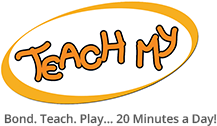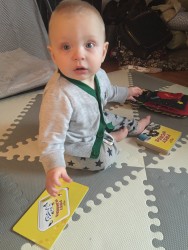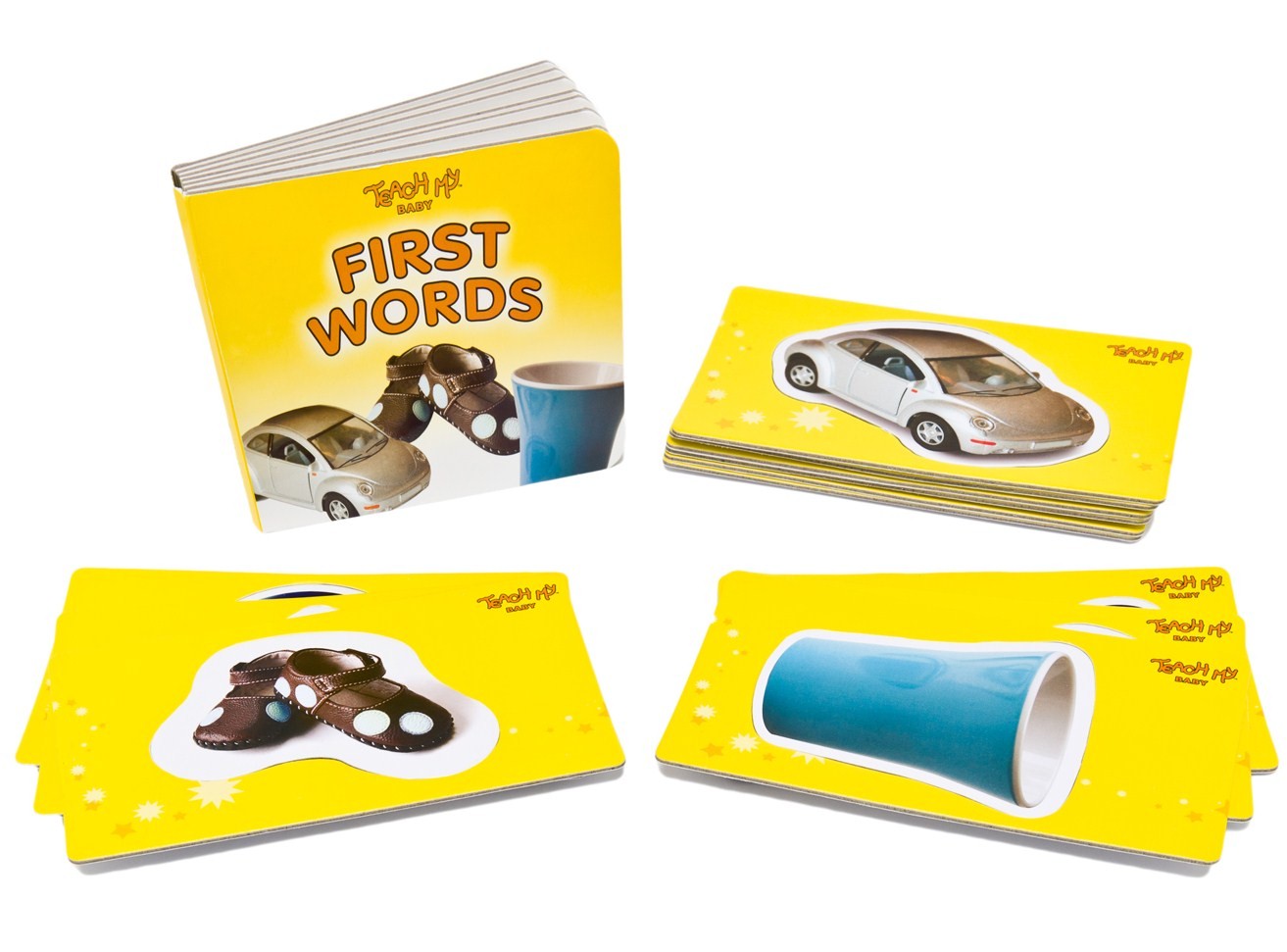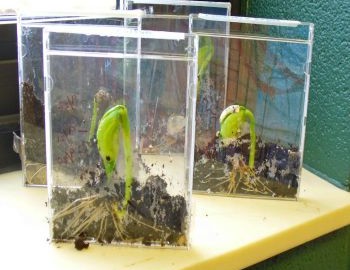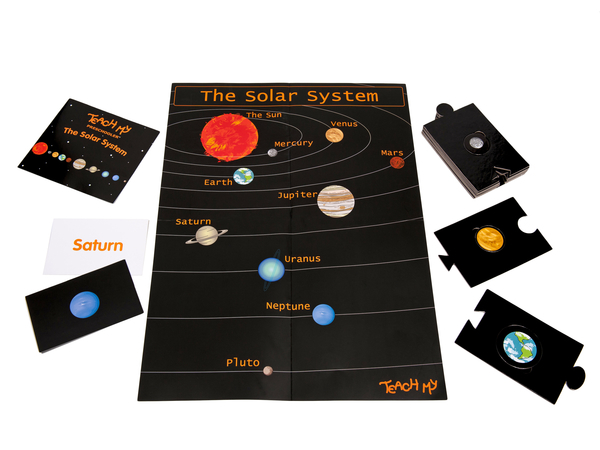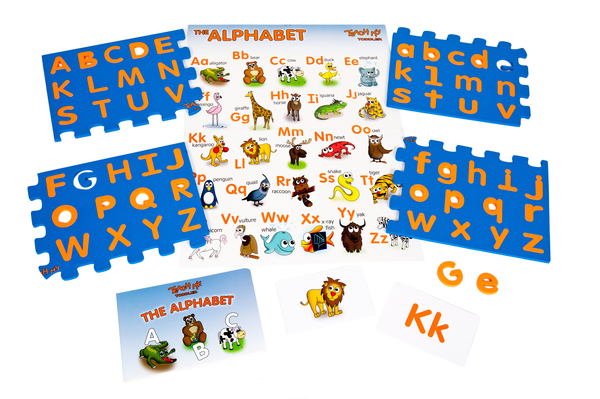When do babies start talking
Are you wondering when your little one will say ‘mama’ or ‘dada’? When do babies start talking is one of the most commonly searched topics. Sherry Artemenko, a speech-language pathologist and founder of Play on Words says your baby’s verbal skills will progress through stages as the vocal mechanism matures. It all starts with babbling, an important milestone because it represents the beginning of real communication.
Dr. Michael Dickinson, the head of pediatrics and chief of staff at the Miramichi Regional Hospital believes parents can encourage the process of when do babies start talking by engaging in ‘baby talk’.
Dickinson encourages new parents to use baby talk that is high-pitched and musical. Sentences should be short and simple and involve repetition. Infants respond to quality speech. Age appropriate books can be a great resource for words in repetitive, playful sentences.
Parents can echo their infants. For example, repeating sounds like “baa-baa” or “paa-paa” back to your baby will encourage your child to continue to verbalize. This act also helps introduce the normal to-and-fro activity that is involved in making a sound and listening for a response.
After baby talk, your baby will begin to form real words. By age 2, there are about 25 words your toddler should know. Here is the list of 25 words from the Bryn Mawr College research but keep in mind, they are just a target!
- Mommy
- Daddy
- Baby
- Milk
- Juice
- Banana
- Cookie
- More
- All gone
- Hello
- Bye-Bye
- Thank You
- Yes
- No
- Not
- Dog
- Cat
- Hat
- Bath
- Ball
- Book
- Car
- Shoe
- Nose
- Eye
When do babies start talking? Encourage your baby’s first words with Teach My Baby First Words. The coordinated set introduces your baby to the most common first twelve words in the English language. Just 10-20 minutes a day with the award winning Teach My Baby tools and your baby can master their first words!
